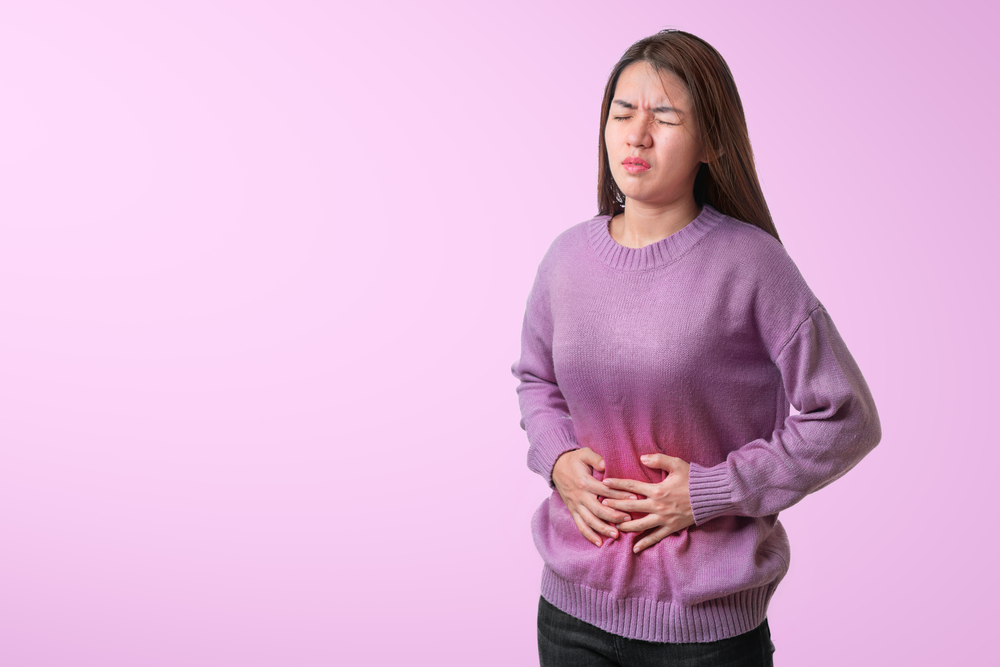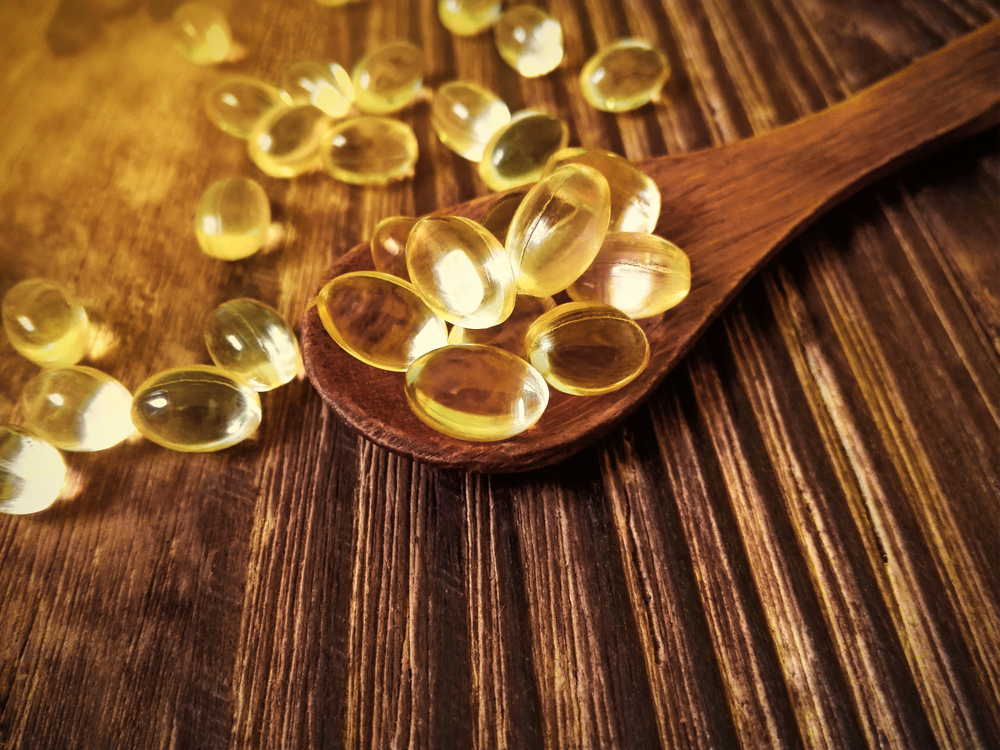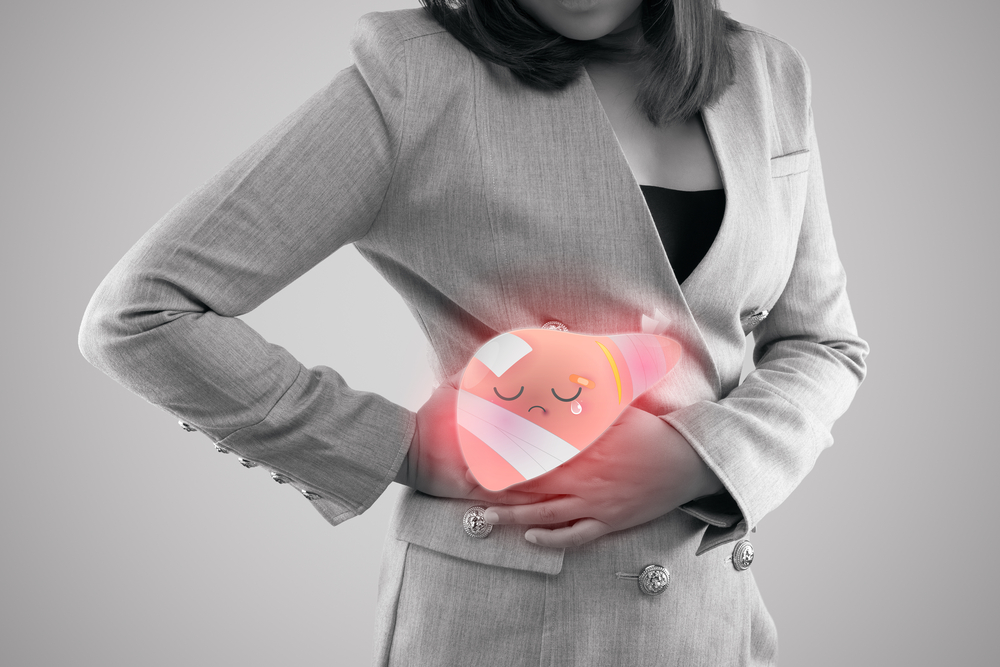Gas Problem & Pain: Symptoms, Treatment & Home Remedies
Written By: Dr. Rasha Alani
Updated On:February 15, 2024

What is Gas Problem & Pain?
Your chest or abdomen may feel like they are being stabbed if you have gas problems and pain. If the pain is severe enough, you might go to the emergency hospital fearing you are having appendicitis or gallstones. Gas production and elimination are typical digestive processes. However, if gas bubbles become trapped inside of you, you need to find a quick remedy for the discomfort. Finding out what's causing the discomfort is a smart approach, especially if you have other symptoms.
Moving around and using at-home remedies can help you release trapped gas. You can have a medical problem that requires treatment though if gas problems persist for a long time, happen frequently, or coexist with other symptoms.
Causes of Gas Problem & Pain
Gas problems and pain have numerous causes. The majority are connected to the digestive process. Nonetheless, some may be the result of medical issues that require attention.
Common causes of gas problem and pain include the following:
- Digestion concerns
- Intolerance toward certain food
- Bacterial overgrowth
- Constipation
- Lifestyle behaviors, such as overeating or eating too quickly, chewing gum, and smoking
Other factors that might lead to gas problem and pain include the following:
- Certain medication
- Fiber supplements that include psyllium
- Artificial sugar substitutes
- Stress
- Post-nasal drip
- Altered pelvic muscles due to surgery or pregnancy
Causes of gas problem and pain can also be related to certain health conditions, such as the following:
- Irritable Bowel Syndrome (IBS)
- Crohn’s Disease
- Ulcerative colitis
- Peptic ulcers
Symptoms of Gas Problem & Pain
Symptoms of trapped gas typically strike out of nowhere. The discomfort may feel stabbing and acute. Another possibility is a widespread sense of excruciating anguish. You can feel bloated in the stomach and get cramps. Gas buildup on the left side of your colon might cause pain that travels up to your chest. You might assume a heart attack is occurring. On the right side of the colon, gas can build up and feel like gallstones or appendicitis.
The causes of gas can have different symptoms. Typical signs of intestinal gas include the following:
- Belching
- Bloating
- Flatulence
When to see a doctor for Gas Problem & Pain?
If you frequently experience trapped gas and pain, if they stay a long period, or if you experience any unsettling symptoms, it's a good idea to visit your doctor. Additional signs to look out for include the following:
- Unaccounted-for weight loss
- Constipation changes in bowel movement frequency blood in your stool
- Diarrhea, vomiting, or heartburn
- Reduced appetite
Gas Problem & Pain Complications
Excess gas can be painful, uncomfortable, and embarrassing, but it often doesn't pose a severe health risk. However, gas accumulation can occasionally feel more concerning. A medical expert should examine these symptoms to rule out any potentially dangerous underlying causes.
Gas Problem & Pain Diagnosis
To begin with, your doctor will probably identify what's causing your gas and gas pains by
- asking you about your medical background,
- asking you about your eating habits,
- and giving you a physical examination.
Your doctor may touch your abdomen during the physical examination to feel for any soreness and other unusual sensations. With the aid of a stethoscope, your doctor can assess the efficiency of your digestive system by hearing the sound of your abdomen. Your doctor may prescribe more diagnostic tests based on the results of your examination and the presence of additional signs and symptoms, such as weight loss, blood in the stool, or diarrhea.
Gas Problem & Pain Treatment
Treating the underlying ailment may provide relief if your gas problems are brought on by another medical issue. Otherwise, dietary changes, lifestyle adjustments, or over-the-counter drugs are typically used to alleviate unpleasant gas. Despite the fact that everyone's problem is unique, most people can find some alleviation with a little trial and error.
Gas Problem & Pain Prevention
By being careful with your diet, you can lessen your chance of experiencing a painful trapped gas bubble. Keeping a food journal may be helpful. This can assist you in keeping a record of the meals and situations that cause gases. Then you can stay away from the meals or actions that seem to be causing you problems. To identify potential issues, try eliminating foods one at a time.
Here are some simple pointers to get you started:
- Remain hydrated.
- Steer clear of carbonated drinks.
- Consume beverages that are neither too hot or too cold, but at room temperature.
- Don't eat anything that is known to make you gassy.
- Steer clear of artificial sweeteners.
- Eat slowly and thoroughly chew your food.
- Avoid chewing gum.
- Avoid smoking and chewing tobacco.
- Ask your dentist if your dentures allow too much air into your mouth while you eat.
- Exercise regularly.
References
FRANK, W. active throughout the digestive tract.
Hemmingsen, B. B., Ducoeur, L. C., Grapp, S. J., Skaug, V., & Hemmingsen, E. A. (1990). Gas supersaturation tolerances in amoeboid cells before and after ingestion of bubble-promoting particles. Cell biophysics, 17, 37-51.
Philpott, L. (2016). Healthy living: Digestion: Digest this!. PS Post Script, 16-1.
Zhao, C., Liu, R., Zhou, Y., Zheng, R., Shen, Y., Wen, B., ... & Che, J. (2023). Ignored roles of gases in digestive diseases. Biomedical Technology, 3, 1-10.
Meet our doctors from the Internal Medicine department










































